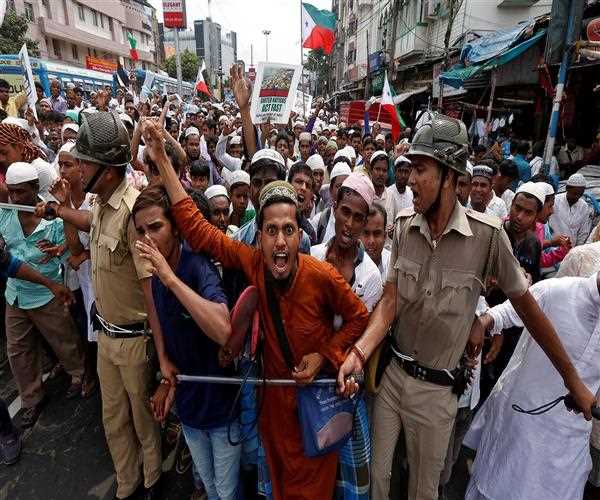The Rohingyas are a Muslim minority group who have been living in the Buddhist-majority country of Myanmar for centuries. Myanmar does not recognize the Rohingya as one of its ethnic groups, and they have been subjected to discrimination and violence for many years. In August 2017, a military crackdown in Myanmar led to the mass displacement of Rohingya people, with over 700,000 fleeing to neighboring Bangladesh.
In recent years, they have been the target of a brutal military campaign by the Myanmar government, resulting in hundreds of thousands of them fleeing to Bangladesh and other countries in the region. In September 2017, the Myanmar government began a fresh wave of violence against the Rohingya, resulting in more than 700,000 of them fleeing to Bangladesh. Since then, Bangladesh has been struggling to cope with the influx of refugees, and there have been calls for other countries in the region to do more to help.
India is one of the countries that have been asked to help with the Rohingya crisis. In December 2017, India's cabinet approved a plan to provide humanitarian assistance to the Rohingya refugees in Bangladesh. This includes providing food, shelter, and medical aid.
There are several reasons why India has decided to help the Rohingya refugees.

- First, India has a long history of accepting refugees from neighboring countries. This dates back to the time of India's independence in 1947 when millions of people fled to India from Pakistan. India has also accepted Tibetan refugees, Sri Lankan Tamils, and Afghans.
- Secondly, the Rohingya refugees are in dire need of assistance, and India has a long history of providing humanitarian assistance to those in need. India is a signatory to the 1951 Refugee Convention, which obliges signatory states to provide protection to refugees.
- Thirdly, India is a majority-Hindu country, and there is a large Muslim minority in India. Helping the Rohingya refugees is a way of showing solidarity with the Muslim community in India.
- Fourthly, the Indian government is concerned about the spread of radical Islam in Southeast Asia by helping the Rohingya refugees, India is hoping to prevent the spread of radical Islam in the region.
- Fifthly, India has a strong tradition of secularism, and the Constitution guarantees the equality of all citizens regardless of religion. This makes India an attractive destination for religious minorities fleeing persecution. India has a large number of refugees from other countries, and it is keen to set an example of how to humanely deal with refugees.
The Indian government has come under criticism for its decision to help the Rohingya refugees. Some people have accused the government of using the Rohingya crisis to further its own agenda. However, the government has defended its decision, arguing that it is in the national interest to do so.
The Rohingya crisis is a complex and sensitive issue, and it is not easy to find a solution. However, India's decision to help the Rohingya refugees is a step in the right direction, and it is hoped that other countries in the region will follow suit.